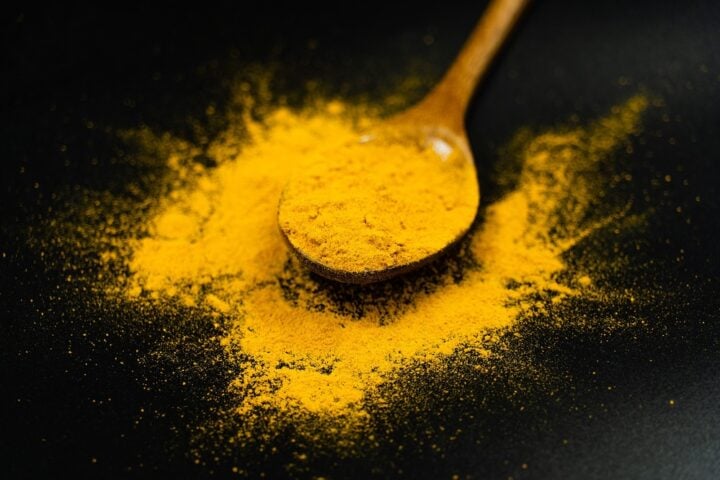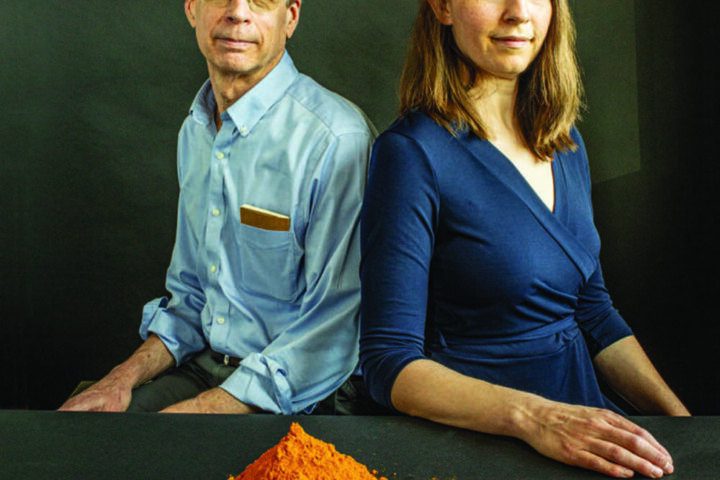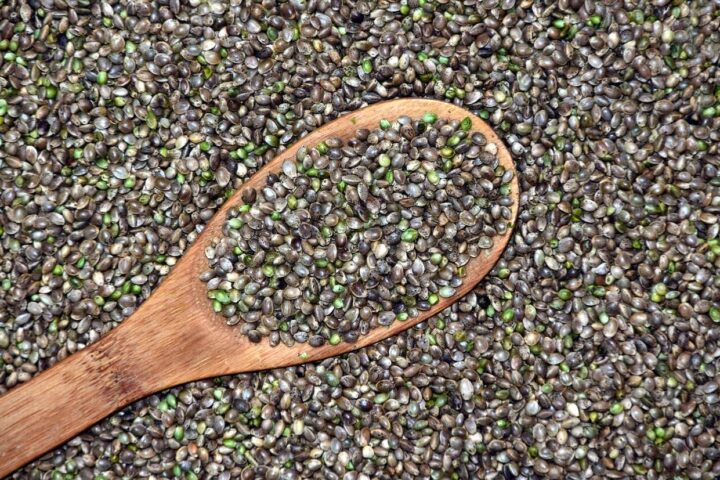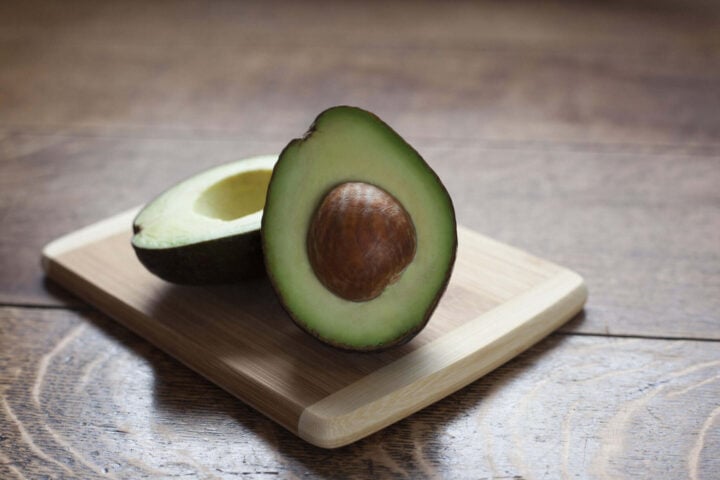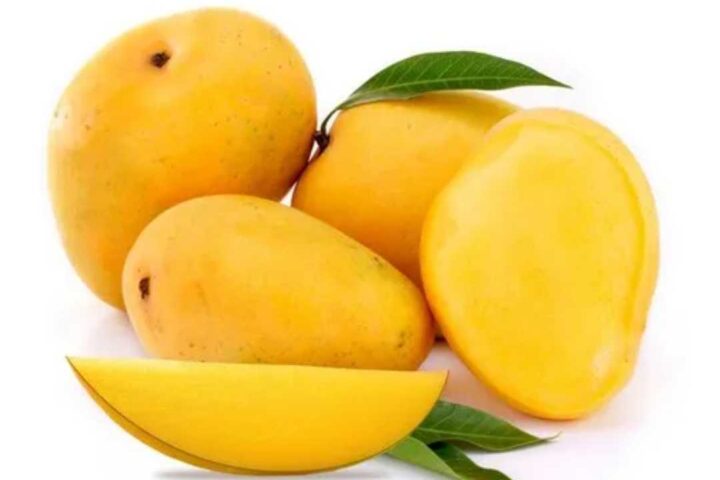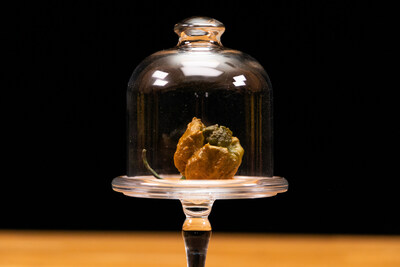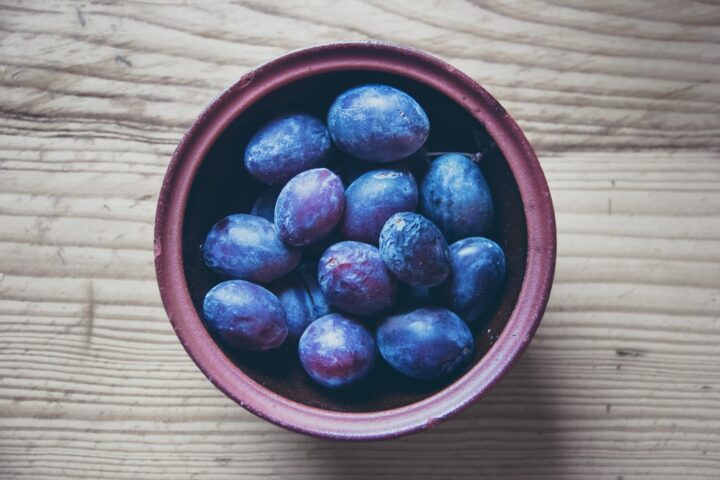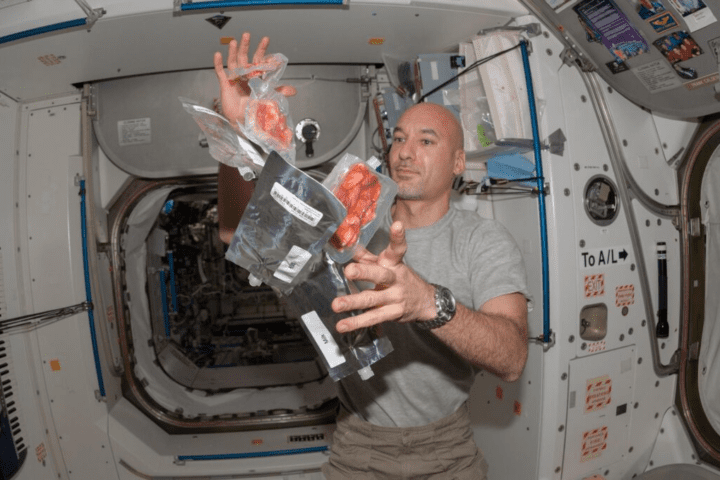A tiny plant that grows in lakes and rivers might help solve our food problems. Scientists at the University of Birmingham are studying Chlorella vulgaris, a plant so small you need a microscope to see it.
“This microscopic alga is incredibly nutrient-rich,” explains Dr. Helen Onyeaka, who helped lead the study. “It’s packed with protein – more than half of its weight – plus vitamins and minerals our bodies need.”
What makes this plant special is how it grows. Regular crops like wheat or corn need lots of land and water. Chlorella doesn’t. It grows in small tanks, using very little space and water. This matters because climate change is making it harder to grow regular crops in many places.
You might already see Chlorella in health food stores as green powder or tablets. Scientists think it could do more. They’re working to add it to everyday foods like yogurt and pasta to make them more nutritious. The challenge? Making sure these foods still taste good.
Similar Posts
The plant helps the environment too. As it grows, it cleans water and removes harmful carbon dioxide from the air – working as a natural carbon capturer while helping with wastewater treatment.
But there are still problems to solve. Right now, growing lots of Chlorella costs too much money. Scientists are testing new ways to grow it in special containers where they control the light and food it gets. They’re also trying to make it taste better so more people will want to eat it.
The numbers show promise. The global market for Chlorella is worth $200 million, and experts predict it will grow by 8.01% each year for the next six years. This growth means more companies are interested in using it.
This research is especially important now. Major world organizations like the Food and Agriculture Organization warn that we’re facing food shortages. Chlorella could help by providing a new food source that’s both nutritious and environmentally friendly.
“By overcoming production challenges through technological advancements, we can pave the way for Chlorella’s widespread adoption,” says Dr. Onyeaka.
This isn’t just about adding a new health food to store shelves. It’s about finding new ways to grow nutritious food when traditional farming faces increasing challenges. While Chlorella won’t replace regular crops, it could become an important addition to how we produce food in the future.




